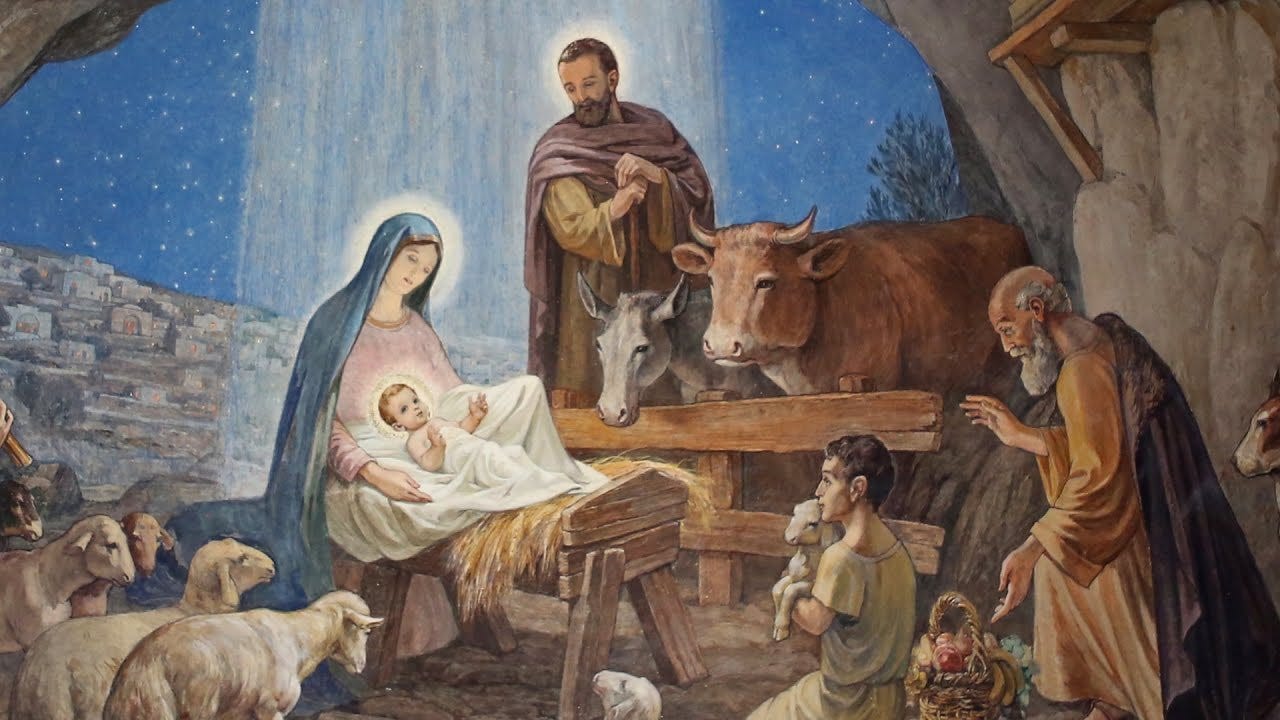zoomacademia.com – The birth of Jesus Christ is one of the most significant events in Christian theology and has profound implications for history and culture. Celebrated annually on December 25th as Christmas, this event marks the incarnation of God in human form. Let’s explore the historical context, biblical accounts, and cultural impact of this pivotal moment.
Historical Context
The birth of Jesus is traditionally dated around 4 to 6 B.C., during the reign of King Herod the Great in Judea, a region under Roman occupation. At this time, the Jewish population was experiencing tensions with Roman authorities and longed for a Messiah—a savior prophesied in their scriptures.
Biblical Accounts
The story of Jesus’ birth is primarily found in the Gospels of Matthew and Luke. While both accounts share key elements, they also contain unique details.
- Gospel of Matthew: This account focuses on Joseph’s perspective. It tells how Mary, a virgin, became pregnant through the Holy Spirit while betrothed to Joseph. An angel appeared to Joseph in a dream, instructing him to take Mary as his wife and name the child Jesus, meaning “God saves.” Matthew also mentions the visit of the Magi, or Wise Men, who followed a star to find the newborn King and brought gifts of gold, frankincense, and myrrh.
- Gospel of Luke: Luke provides a more detailed narrative, highlighting Mary’s experience. It describes the journey to Bethlehem for a census, where Mary gave birth to Jesus in a humble stable because there was no room in the inn. This Gospel emphasizes the angelic announcement to shepherds, who visited the newborn and spread the news of his birth.
Theological Significance
For Christians, the birth of Jesus is not just a historical event; it signifies the fulfillment of Old Testament prophecies regarding the coming Messiah. Key theological points include:
- Incarnation: The belief that Jesus is both fully divine and fully human. His birth represents God’s willingness to enter human history and experience life as a human being.
- Hope and Salvation: Jesus’ arrival is seen as the beginning of God’s plan for redemption. Christians believe that through his life, death, and resurrection, humanity is offered salvation.
Cultural Impact
The birth of Jesus has influenced many aspects of culture and society:
- Christmas Celebrations: The story has inspired numerous traditions, including nativity scenes, caroling, and festive gatherings. December 25th became a day of celebration that blends Christian and pagan traditions.
- Art and Literature: The Nativity has been a popular subject in art, inspiring masterpieces from the Renaissance to modern interpretations in literature and film.
- Global Influence: The story of Jesus’ birth transcends cultural boundaries. It resonates with people worldwide, celebrated not only by Christians but also recognized in various cultural contexts.
Conclusion
The birth of Jesus Christ remains a cornerstone of Christian faith and a significant historical event. It symbolizes hope, love, and the promise of salvation. As millions celebrate Christmas each year, the story of Jesus’ birth continues to inspire and unite people, reflecting themes of peace and goodwill that resonate through generations. Whether through religious observance or cultural celebration, this event serves as a powerful reminder of the impact one life can have on the world.










